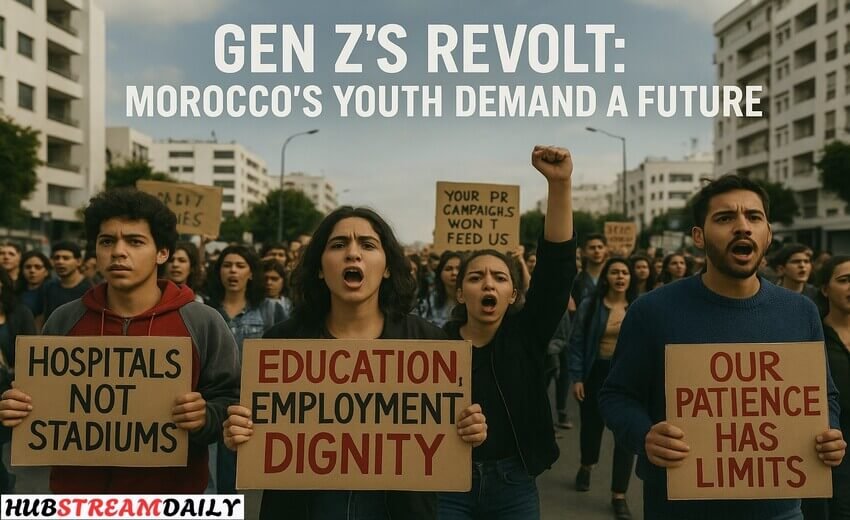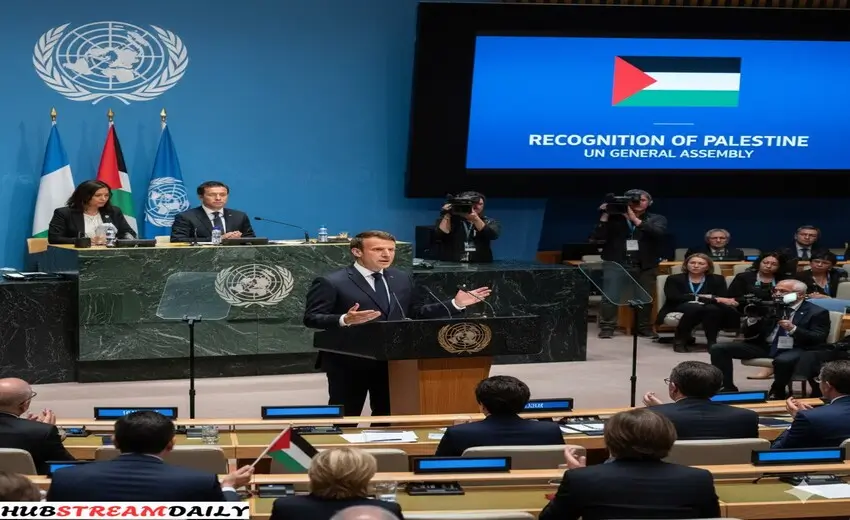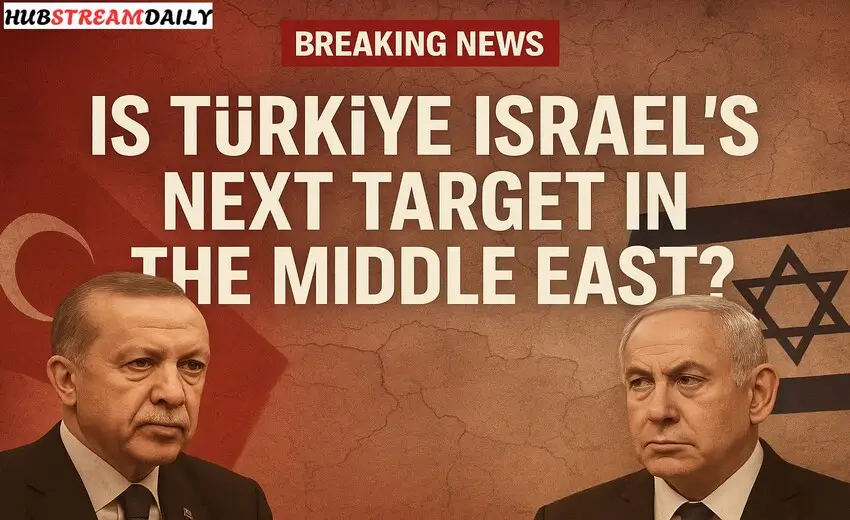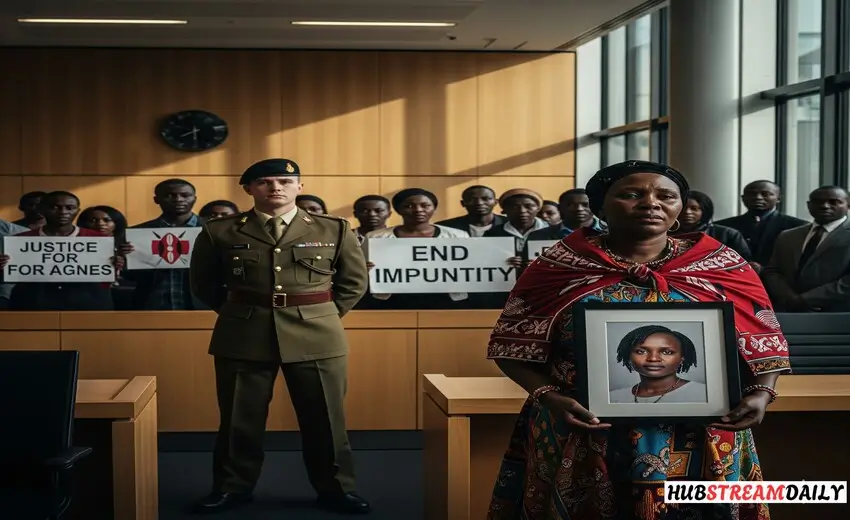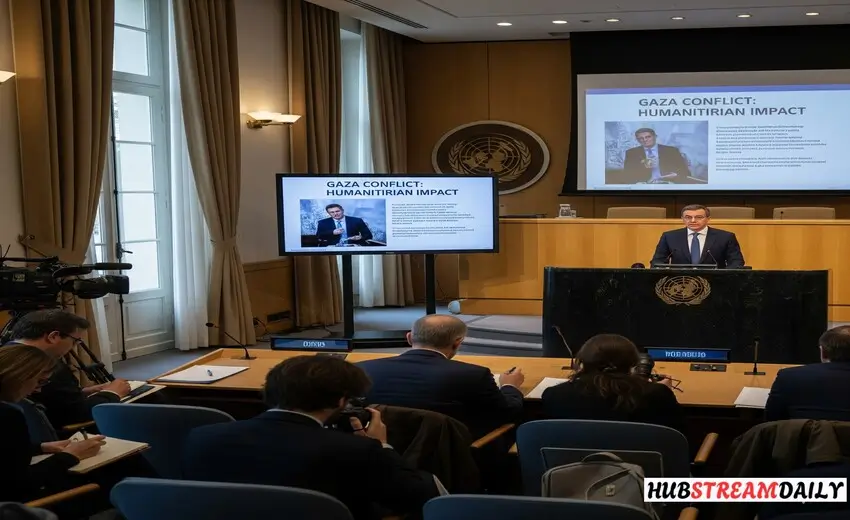
As regional geopolitical conditions change in South Asia, Pakistan is nearing a significant diplomacy meeting with hardline elements of the Bangladesh regime in Dhaka. The coming talks, which have preoccupied policymakers, analysts, and regional watchers, represent a potential opening for Pakistan and Bangladesh to alter the path of bilateral relations and explore the joint position of economic engagement and security collaboration. The stakes are high, and both countries are maneuvering through delicate dynamics that involve domestic political expectations while simultaneously weighing their long-term strategic interests.
A Complicated Historical Context
Pakistan and Bangladesh have a tangled history based upon the conflicts of 1971. Although formal diplomatic relations were established decades ago, political sensitivities and ideological differences have often complicated dealings between the two countries. Nearer to the present, tensions manifested in trade policies, border security apprehensions, and political rhetoric have revealed the necessity for diplomacy that is simultaneously tough and nuanced.
The coming talks represent one of the few high-profile encounters with hardline influencers in Bangladesh’s political sphere, particularly with Pakistan’s leadership now keen to engage directly with the influential voices on the domestic and foreign policy agenda in Dhaka. Analysts argue this is more than a negotiation; it is about an enduring dialogue about the establishment of frameworks for cooperation while also establishing pathways to manage disputes.
What’s at Stake
The stakes of these discussions are multiple. Economically, Pakistan has explored increasing its bilateral trade with Bangladesh in textiles, agriculture, and power. Trade volumes have historically been low between the two nations, but both governments will be looking for trade links to expand if they can both negotiate political and bureaucratic obstacles effectively.
Security and stability in the region are also high up on the agenda. Geopolitical competition is on an uptick in South Asia and securing productive contact between Pakistan and Bangladesh is important to prevent misunderstandings leading to even greater conflict. Both sides would also talk on border management, counter-terrorism cooperation and on measures to be taken to fight the illegal trade on land and sea and maritime and transnational security challenges.
Pakistan’s Plan for Talks
Pakistan’s way of acting in these talks has been with careful plans made ahead. The top people from Islamabad have come to Dhaka ready to talk, using both being tough and being wise. Their main goals are to keep Pakistan’s money needs safe, to help trade grow, and to make sure both sides feel okay with how safety worries are looked after.
At the same time, Pakistan is watching its own home’s political games. With voters who care a lot about what happens in other lands, the leaders must show power and also show they can work with a nearby land that used to worry about what Islamabad might do. This makes the Dhaka talks very important.
Bangladesh’s Tough Groups: What They Seek
The tough political groups in Bangladesh have their own key goals. These teams, pushed by pride for their nation and goals within their own borders, aim to uplift the country, boost money power, and stick closely to what they think is best for their nation. They talk with Pakistan as a careful plan: by taking part, they can sway results and show their people that Bangladesh stands strong.
Those who watch these tough groups see they eye bigger ties in their area, like with India, China, and countries in Southeast Asia. So, Pakistan has to tread carefully, looking at every idea not just two-way but also how it fits with Dhaka’s bigger plans.
Money Help: A Way Ahead
Even with hard politics, money work stays good for both lands. Trade talks will look at lower taxes, team work in cloth and farm work, and money chances in power set-up. Pakistan wants to be a trusted mate in areas where Bangladesh needs more, while also looking into new ways for tech share and work together in factories.
Pros say a good money deal could build trust, ease political hard feelings, and give real gains to people in both places. In a time when world money health is unsure, deals that help both sides are now key for calm in the area.
Possible Problems and Blocks
Hope is there, yet many snags might shift how talks go. Deep splits in groups inside Bangladesh could make it hard to agree, mainly if tough ones hold on to strong stances. In the same way, talks inside Pakistan about how they deal with other countries, money limits, and issues at home might change how easy the government can bend.
Also, other countries and the area as a whole could play a part. How India acts, China’s big plans, and more general safety issues in South Asia are all things that might change the talks from afar. Both Islamabad and Dhaka need to deal with not just two-way issues but also a tricky mix of area-wide power plays.
Media talks and what people see
What the media shows and what people think are key in making the talks work. Pakistan has moved to show its talks in a good and positive light. In the same way, strong voices in Bangladesh want to show that talking with Pakistan does not hurt the nation’s control or its home rules.
People who study this say that good talks will lean on how both places can share their side well. They need to show the good they can do together, but also must see and respect old and touchy stories and rules.
Looking Past the Meetings
The Dhaka meet-up is just one event, but its effects could reach much further than just the deals made right away. People watching expect that these talks might set the stage for more talks later on, fixed ways to fix fights, and better connections between people. Swap of culture, school bonds, and team work in trade and tech might come up as lasting gains from good talks.
In short, these talks are a big chance: by dealing with right-now money and safety worries, Pakistan and Bangladesh can work on making a tougher and more working-together link in the area.
Expert Thoughts
People who study world rules say doing well in these talks needs calm, smart moves, and true hopes. Dr. Anis Rahman, a South Asia rule know-all, said:
“Talking with tough groups is hard, but it can fix old problems right away, not just leave them out there. If both sides are open and think about helping each other, we can really get somewhere.”
In the same way, money know-all’s talk about more trade:
“Even small wins in trade and money help can make good things start. Trust grows when countries work together on money, which can help in bigger talks about safety and rules,” said Farida Chowdhury, who looks at trade in the area.
The Road Ahead
As Pakistan gets ready for its big meet in Dhaka, one thing is sure: talking to other countries in South Asia is as hard as it is needed. To do well, they must carefully deal with old hurts, home politics, and area power plays. Yet, this meet could also let both places shape a new bond, moving from wary talks to real changes.
The talks soon will test how well diplomats from both sides can talk, but also how much Pakistan and Bangladesh can focus on long-term peace over quick wins in politics. If done well, this meet could be a key change, opening up chances for better trade, safety, and working together in the area.
End
The meet in Dhaka between Pakistan and Bangladesh leaders is not just a talk; it shows the dreams, big tasks, and hard parts of South Asian power play. As both sides sit down to talk, they bring with them their past, what their people want, and a chance to change how they get along in the future.
Even if there are real risks, there is also a big chance for good talks, growth in trade, and calm in strategy. If they talk with clear minds, real talks, and an open heart to meet in the middle, Pakistan and Bangladesh can show that even big differences from the past and in rule can be crossed by talking and working together.
In the end, this Dhaka meet is a test of their dreams, talks, and bold moves—one that may change how Pakistan and Bangladesh see each other for many more years.

